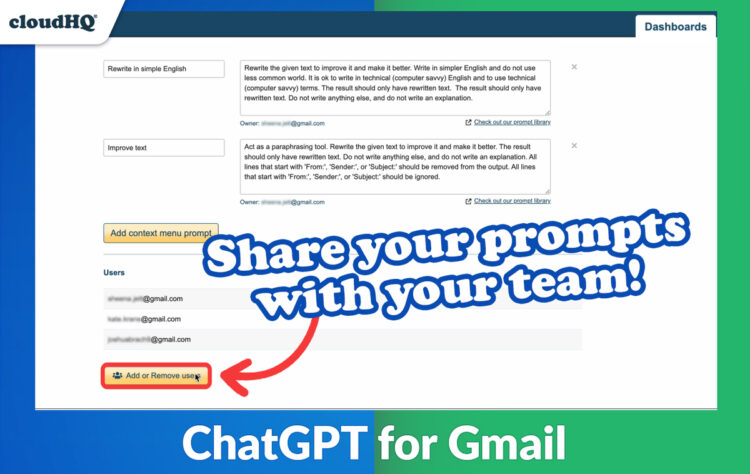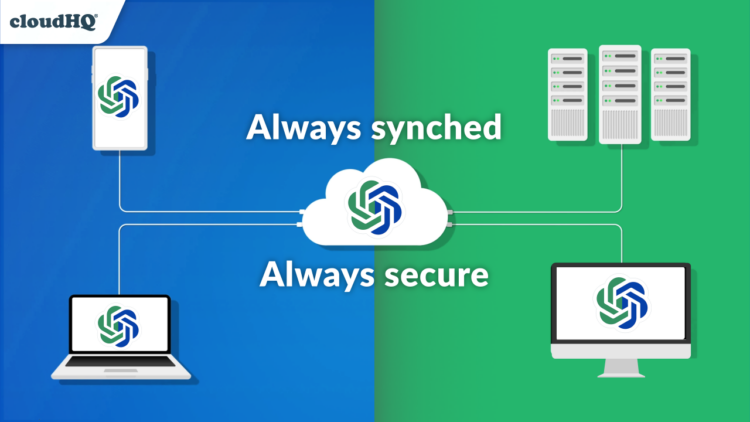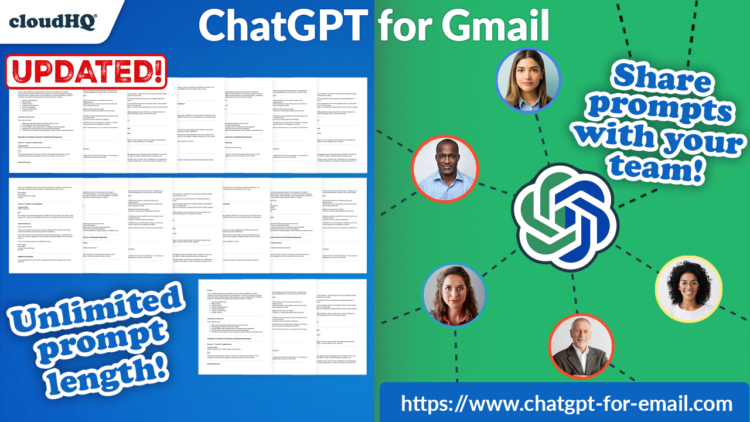Email: The Silent Revenue Driver Businesses Can’t Ignore
Email communication remains a cornerstone of successful business operations. In fact, a staggering 91% of employees use email to communicate with clients, making it the most widely used communication tool in the professional world. Furthermore, 61% of professionals prefer email over any other form of communication, highlighting its critical role in maintaining productivity and collaboration. The dominance of email is further emphasized by the fact that the average worker receives approximately 121 emails daily, demonstrating the sheer volume of information exchanged through this medium.
The importance of email in business is also reflected in its diverse applications. 74% of professionals use email for internal and team communications, while 70% rely on it for client communication. Additionally, 68% use email for sharing project work internally, and 62% for sharing project work with clients. These statistics underscore email’s versatility and its crucial role in facilitating various aspects of business operations.
The Costly Pursuit of the ‘Perfect’ Email
Despite the importance of crafting effective, professional emails, the effort involved is often a black hole time sink. The average professional spends a staggering 2.6 hours per day reading and answering emails, which equates to 28% of the workday. For many, composing a single important email can take up to 45 minutes, with some spending even more time on complex or high-stakes communications.
Enter ChatGPT for Gmail, an easy-to-use application designed to address these challenges. This AI-powered tool significantly reduces the time spent on email composition while maintaining high-quality communication. By leveraging advanced language models, ChatGPT for Gmail helps users generate context-aware replies, craft original outreach emails, and even summarize complex email threads in seconds.
Let’s explore three new key features that make ChatGPT for Gmail a game-changer for business communication: Shared Prompts, Server-Side Storage, and Unlimited Prompt Length. These new features work in harmony to increase productivity, maintain brand consistency, and create a centralized knowledge database for your team, ultimately empowering businesses’ approach to email communication and intellectual property.
Shared Prompts in ChatGPT for Gmail
ChatGPT for Gmail’s ‘Shared Prompts’ feature allows teams to maintain consistency in their email communications. This feature enables the creation and sharing of pre-written templates that reflect your company’s tone and messaging guidelines.
How It Works
Team members can access these shared prompts directly within Gmail, allowing for quick and consistent responses to common inquiries or situations. This streamlines the email drafting process and ensures that all team members are aligned with the company’s communication standards.

Benefits
– Reduces time spent on repetitive email writing tasks
– Maintains brand consistency across all email communications
– Enables team members to communicate effectively without extensive training
Server-Side Storage: Secure and Centralized
The Server-Side Storage (SSS) feature of ChatGPT for Gmail provides a secure, centralized location for all your team’s prompts. This eliminates the need for local file storage or manual sharing of prompts.

How It Works
Prompts are stored on secure servers, allowing team members to access them from any device at any time. The system includes permission management features, enabling administrators to control who can view or edit specific prompts.
Benefits
– Ensures the security of sensitive information
– Facilitates collaboration by providing centralized access to prompts
– Offers flexibility in managing access and editing rights
Unlimited Prompt Length: Build a Knowledge Database for Your Team
Unlike many AI writing tools that impose length restrictions, ChatGPT for Gmail supports unlimited prompt length. This feature allows teams to create comprehensive, detailed prompts that serve as a knowledge base for various communication scenarios.

How It Works
The unlimited prompt length feature allows for the inclusion of extensive details in prompts. This is particularly useful for complex queries, detailed client reports, or multi-step processes that require thorough explanation.
Benefits
– Enables the creation of detailed prompts for complex tasks
– Serves as a centralized knowledge base accessible to the entire team
– Improves team efficiency by providing comprehensive information upfront
Generative AI Business Use Cases
ChatGPT for Gmail has practical applications across various sectors, enhancing productivity and communication efficiency. Here are some key use cases, supported by recent research:
Customer Support
Artificial intelligence is fundamentally transforming customer service, offering unprecedented efficiency and personalization.
- A report from the Harvard Business Review suggests that AI-powered chatbots will handle up to 85% of customer service interactions in 2025, significantly improving response times and customer satisfaction.
- Gartner predicts that in 2025, 80% of customer service will use generative AI to improve agent productivity and overall customer experience.
- According to Forrester, 64% of consumers prefer AI-driven instant messaging to phone support for simple questions, highlighting the growing acceptance of AI in customer service.
- Companies using AI chatbots for customer service see a 30% reduction in support costs, as reported by Accenture.
These statistics underscore the transformative impact of AI on customer service, promising faster response times, improved efficiency, and enhanced customer satisfaction. However, businesses must balance AI implementation with maintaining the human touch in complex or emotionally charged situations to ensure optimal customer experiences.
Sales Teams
A recent article in the Journal of Sales Transformation (published September 19, 2024) discusses the current state and future of AI in sales. Key findings include:
- AI tools can help marketers and salespeople understand traits common to their best customers and identify overlooked segments.
- By 2028, an estimated 60% of sales tasks will be undertaken by AI, according to Gartner.
- AI is expected to automate many administrative tasks, such as email generation, social media and marketing scripts, data analysis, and providing instant knowledge support.
- The role of salespeople will evolve to focus more on building relationships, negotiation, creativity, and applying human judgment to AI-generated insights.
- The integration of AI in sales processes is expected to free up time for salespeople to engage in more strategic and customer-centric activities.
While AI will play an increasingly important role in sales, the article emphasizes that human skills like building trust, reading emotional cues, and providing creative solutions will remain crucial in the sales process.
Project Management
The integration of AI in project management is rapidly advancing, with significant impacts expected by 2025. According to research from Mordor Intelligence, the AI in project management market is projected to grow from $3.99 billion in 2024 to $11.85 billion by 2029, representing a compound annual growth rate (CAGR) of 24.31%. Key developments include:
- AI-powered tools are expected to automate up to 80% of routine project management tasks, including scheduling, risk assessment, and resource allocation.
- Predictive analytics driven by AI will enable project managers to anticipate challenges and make data-driven decisions, potentially improving project success rates by up to 40%.
- AI-assisted risk management systems are projected to reduce project delays and cost overruns by 20-30%.
- Natural language processing (NLP) interfaces will facilitate easier access to project documentation and specifications, potentially saving up to 20% of a project manager’s time spent on information retrieval.
While AI will significantly enhance project management efficiency, experts emphasize that human skills such as leadership, stakeholder management, and creative problem-solving will remain crucial. The role of project managers is expected to evolve, focusing more on strategic decision-making and leveraging AI-generated insights to drive project success.
Legal and Compliance
As artificial intelligence (AI) advances, the legal and compliance landscape is experiencing a profound transformation. Recent research and industry insights reveal several key trends:
- AI-driven document management systems (DMS) are becoming legal’s AI powerhouse, with 67% of firms planning to upgrade their DMS by 2025 to incorporate AI capabilities.
- Intelligent DMS platforms are introducing automation for tasks like tagging, compliance checks, and version control, potentially saving significant time for legal teams.
- Several states are proposing AI regulations (2025) that would impact hiring practices and other employment decisions, creating a complex regulatory landscape for employers.
- Colorado’s Artificial Intelligence Act, taking effect on February 1, 2026, will require businesses using AI for employment decisions to implement reasonable care requirements.
On the other hand, the integration of AI in legal and compliance work also brings challenges. Ethical use, transparency, and data security are crucial concerns. The American Bar Association has begun issuing formal opinions on the use of generative AI in legal practice, with more guidelines expected. As AI adoption accelerates, legal professionals must remain vigilant in validating AI outputs and maintaining accountability in their workflows.
Marketing
As we move through 2025, artificial intelligence continues to reshape the marketing landscape, offering new opportunities and challenges for businesses:
- According to a recent study published in the Journal of Marketing, AI-driven personalization can increase marketing campaign effectiveness by up to 30%.
- Statista reports that the global AI in marketing market is projected to reach $107.5 billion by 2028, growing at a CAGR of 26.5% from 2023 to 2028.
- The MIT Sloan Management Review highlights that by 2025, 75% of enterprises will shift from piloting to operationalizing AI, driving a 5x increase in streaming data and analytics infrastructures.
As AI becomes more integrated into marketing strategies, businesses must balance leveraging these technologies with maintaining authentic human connections and addressing ethical considerations around data privacy and AI transparency.
The marketing landscape in 2025 is characterized by a delicate balance between AI-driven efficiency and maintaining authentic human connections. Marketers must navigate ethical considerations, prioritize data privacy, and leverage AI as a strategic tool rather than a complete replacement for human creativity.
Conclusion
ChatGPT for Gmail offers a powerful solution to the challenges of email communication in today’s business environment. By combining AI-powered writing assistance with collaborative features like Shared Prompts, Server-Side Storage, and Unlimited Prompt Length, it enables teams to communicate more efficiently and consistently.
Whether you’re managing customer relations, coordinating projects, or executing marketing campaigns, ChatGPT for Gmail provides the tools to streamline your email communication process and boost your team’s productivity.